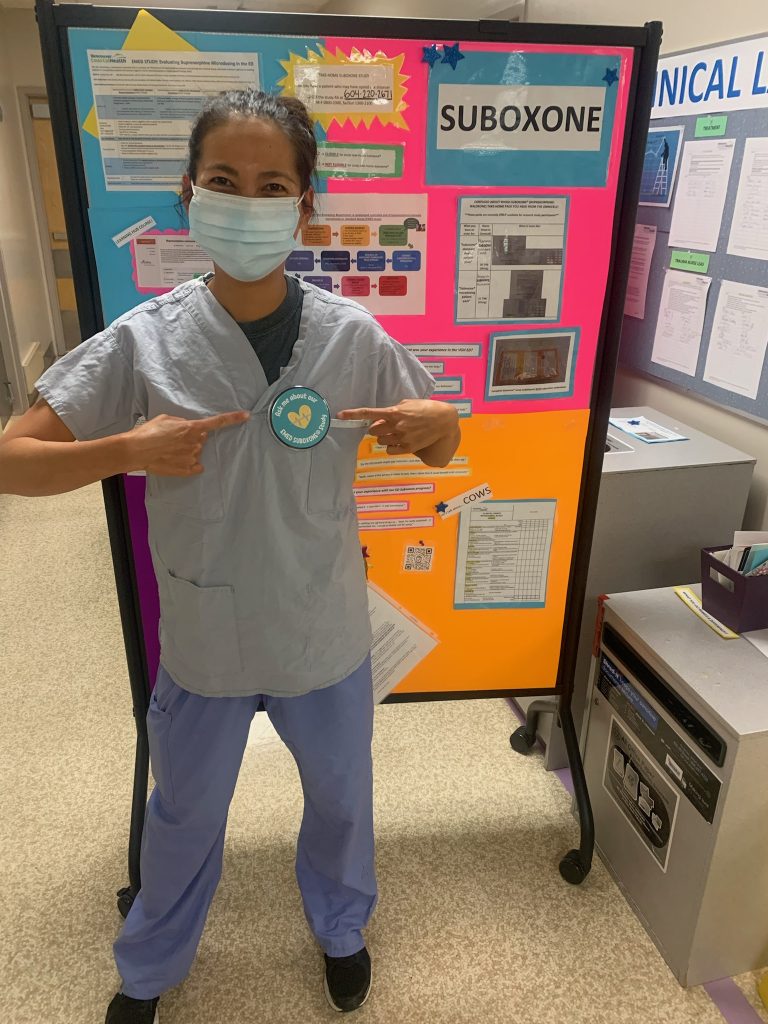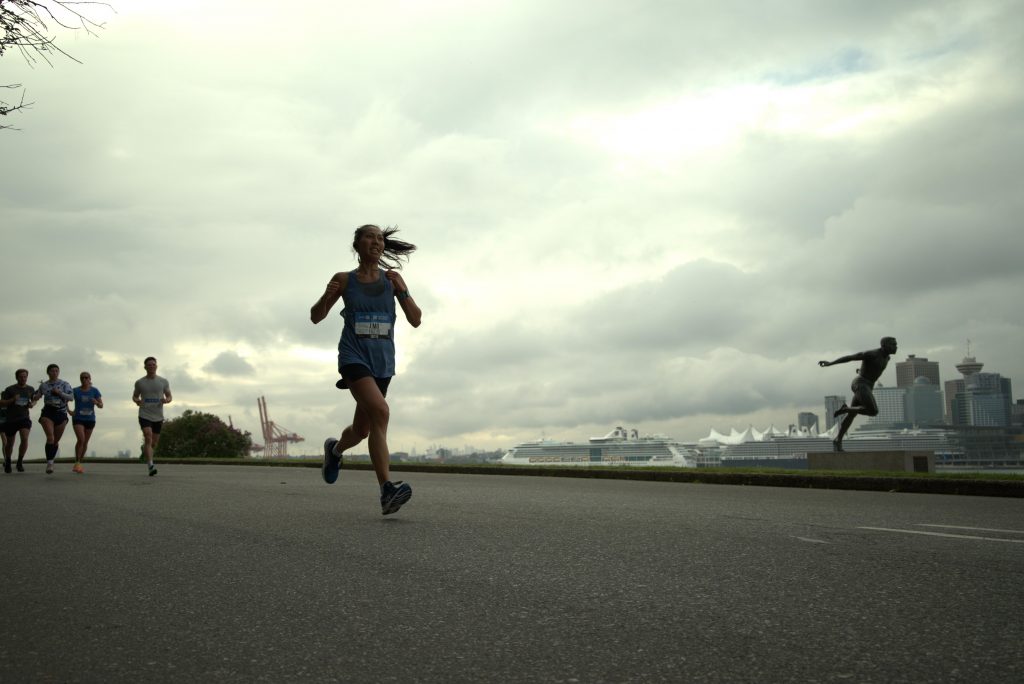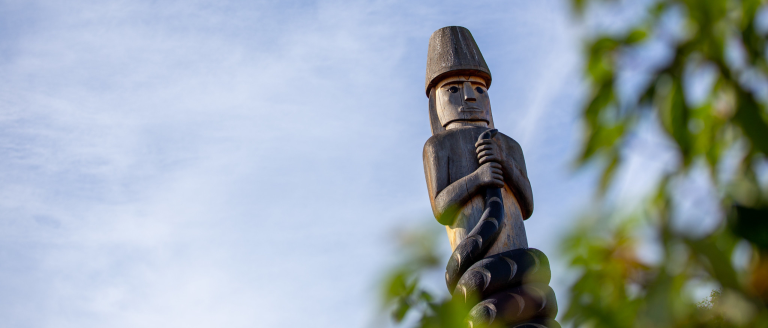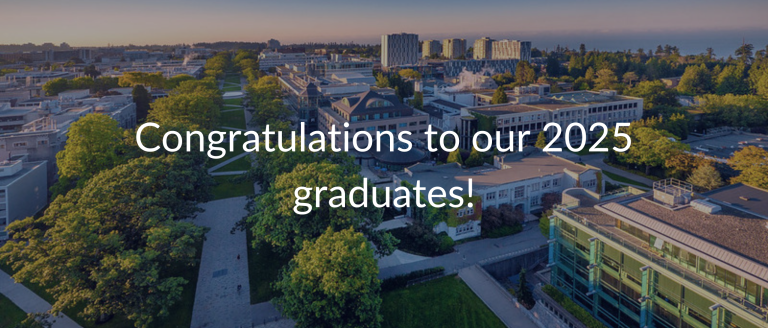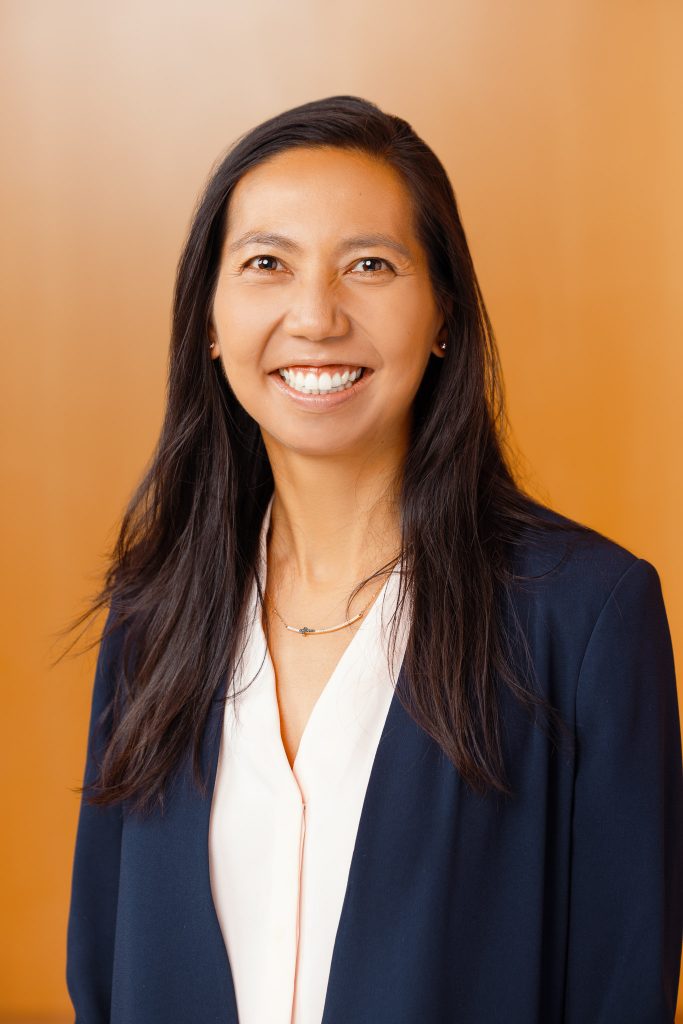
JESSICA MOE
ASSISTANT PROFESSOR
Site:
Vancouver – Vancouver General Hospital
Jessica Moe, Assistant Professor with UBC’s Department of Emergency Medicine.
Can you share a little bit about your educational background and journey, and how you got to where you are today?
My first dream was to work with the United Nations. I studied international development, immunology, and international law. During an internship with the UN in Malawi, I had a formative experience shadowing UN physicians – they treated patients with compassion and courage despite few resources and supports. I decided to pursue medicine, and specifically emergency medicine, as a career that would allow me to have a positive impact at an individual level, and also to understand population health needs and to advocate for system improvements.
My current path as an academic clinician allows me to combine my passions for clinical medicine and population health. I obtained a Masters in Clinical Epidemiology, and I lead a research program focused on substance use, addictions, and overdose prevention from emergency departments. I am leading a multi-centre randomized controlled trial in which we are screening emergency department patients for opioid use disorder, and evaluating the comparative effectiveness of buprenorphine/naloxone (Suboxone) microdosing and standard dosing inductions at enabling patients to be retained on treatment, and at preventing overdose and death.
What inspired you to work in emergency medicine?
I love that emergency medicine offers the opportunity to practise the breadth of clinical medicine, and to work with colleagues of all disciplines and specialties. I enjoy the challenge of treating undifferentiated patients from all walks of life, and the constant opportunity to learn. Furthermore, being at the frontlines of acute care provides us a unique understanding of system pressures and emerging health concerns, and an opportunity to advocate for patient and system needs.
What impact would you like to see your work have on patients, communities, and society at large?
The emergency room is a unique place: no other institution regularly sees people from the breadth of society, from neonates to elderly, diverse ethnicities, and all socioeconomic classes. Therefore, we have a unique opportunity to understand public health challenges (e.g., overdose, environmental stresses, pandemics), and to develop, implement, and evaluate interventions able to reach some of the most vulnerable people in society who are often missed by traditional public health approaches. I hope that my research provides a proof-of-principle that the emergency room is a critical node that can bring together clinical specialties, on-the-ground responders, and system-level decision makers to develop important solutions to societal issues of concern.
What excites you most about your work?
Every day and every patient is unique – our work is never boring! Having the opportunity to hear patient stories and to be a part of their care journey is a constant source of inspiration. In my academic work, I am constantly excited by the opportunity to collaborate with and to learn from colleagues across multiple disciplines, departments, and institutions, and to mentor the next generation of clinicians and scientists working at intersections of clinical, epidemiological, and public health work.
What are you most proud of?
I am proud of the work that my team and I are doing to improve care for people who use substances, and those at risk for overdose in emergency departments – our work is advancing standard of care for some of the most at-risk patients who come through our doors. I am proud to be among clinical colleagues who provide exceptional and compassionate care to vulnerable patients every day, despite unprecedented strains on our workplace. I am proud of the impact we have had on individual patients; one woman I started on Suboxone told me: “before I met your team, I had no idea what help looked like.”
What is one piece of advice that you would give to current trainees?
Pursue your passions. Your career is a marathon, not a sprint – when making decisions, think about what will keep you excited and fulfilled for years and decades to come. Balance is important (and difficult sometimes!). Intentionally protect time for physical health and wellness, personal reflection, fun, family, and relationships.
When you’re not working, where can we find you?
Running, surfing, snowboarding, skiing, paddleboarding, biking, hiking, trying a new recipe, or exploring restaurants around the city!
